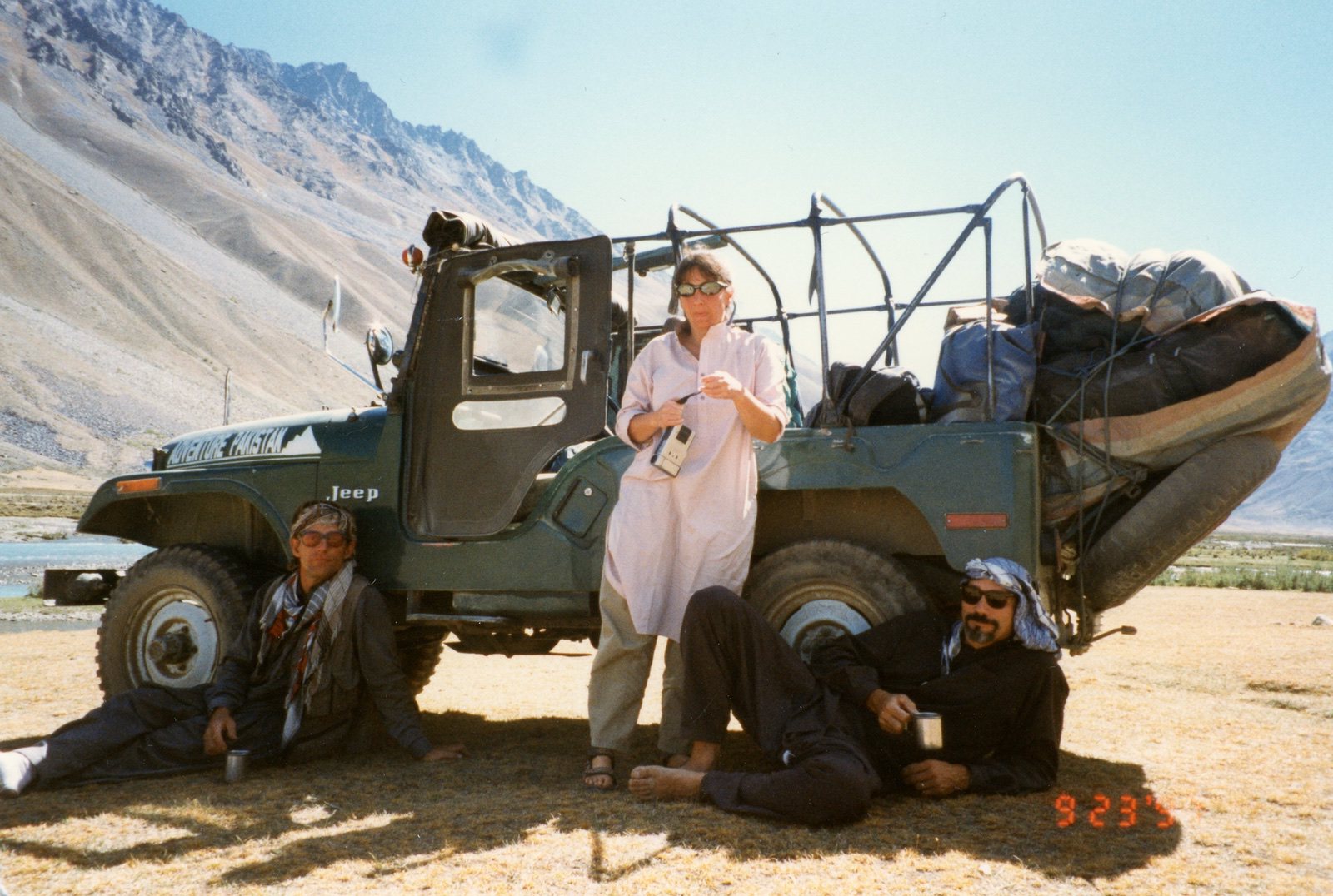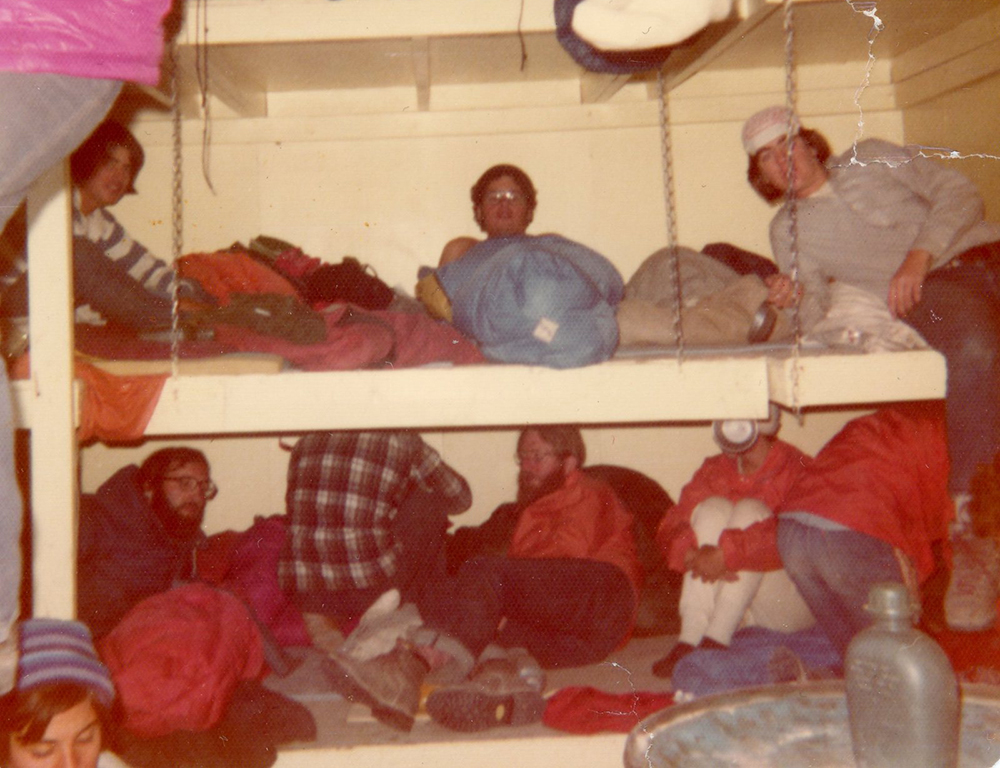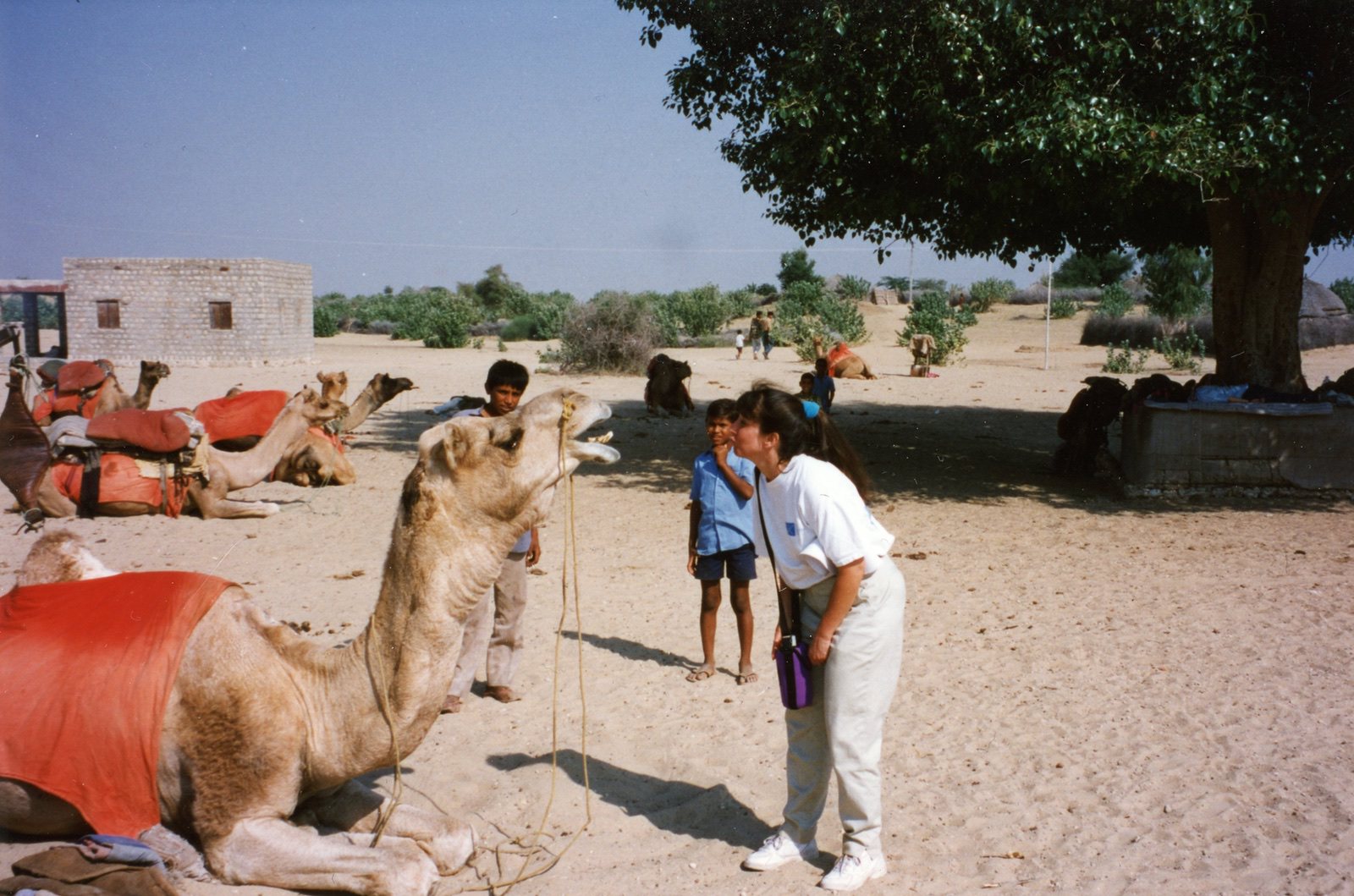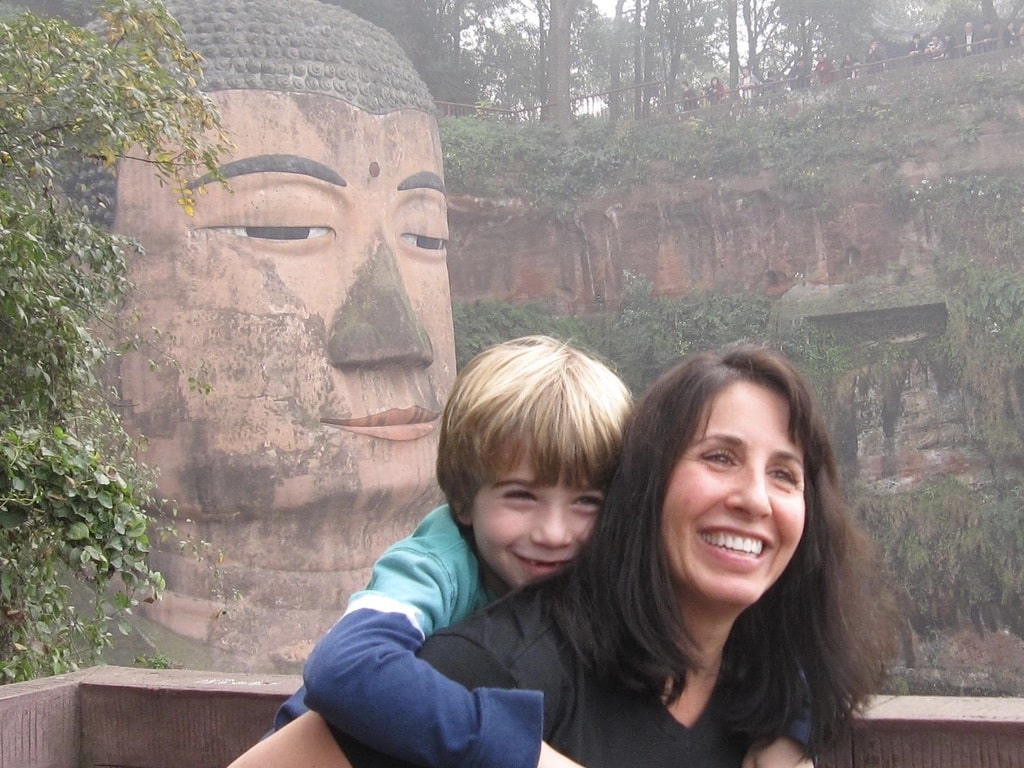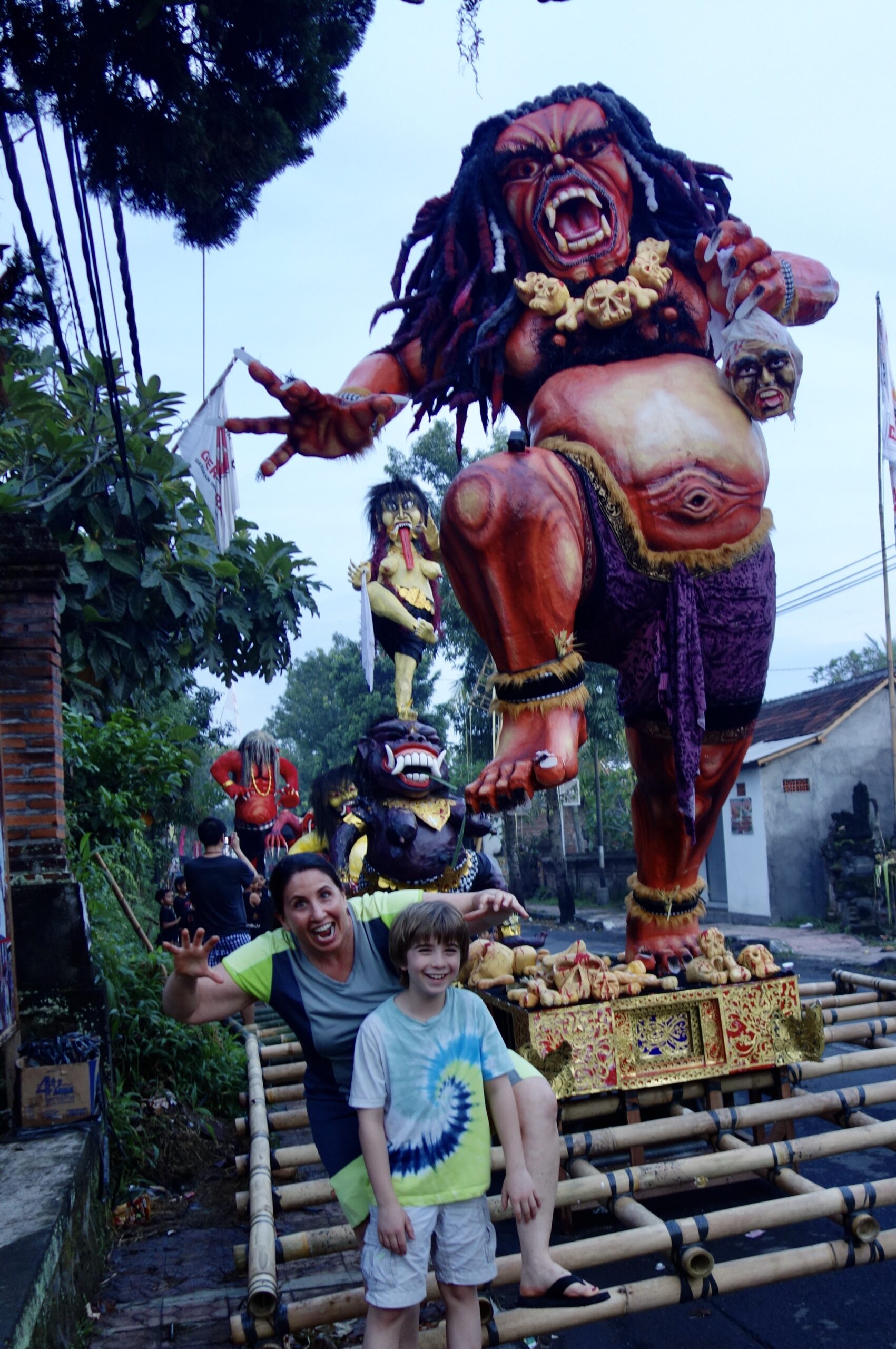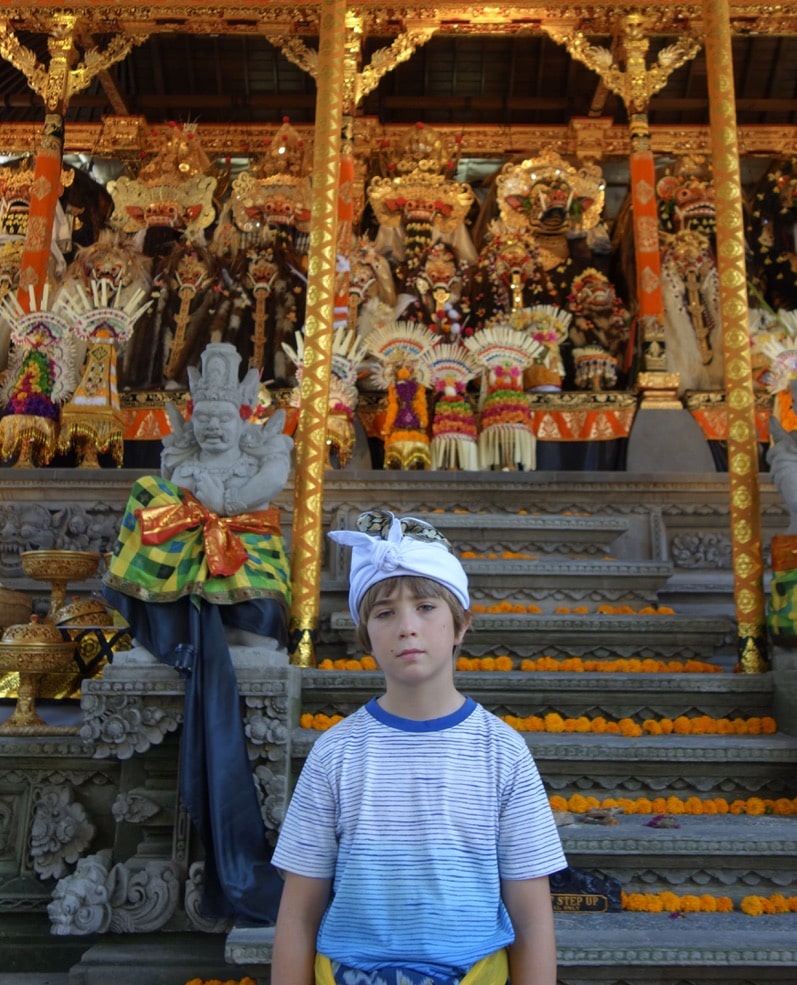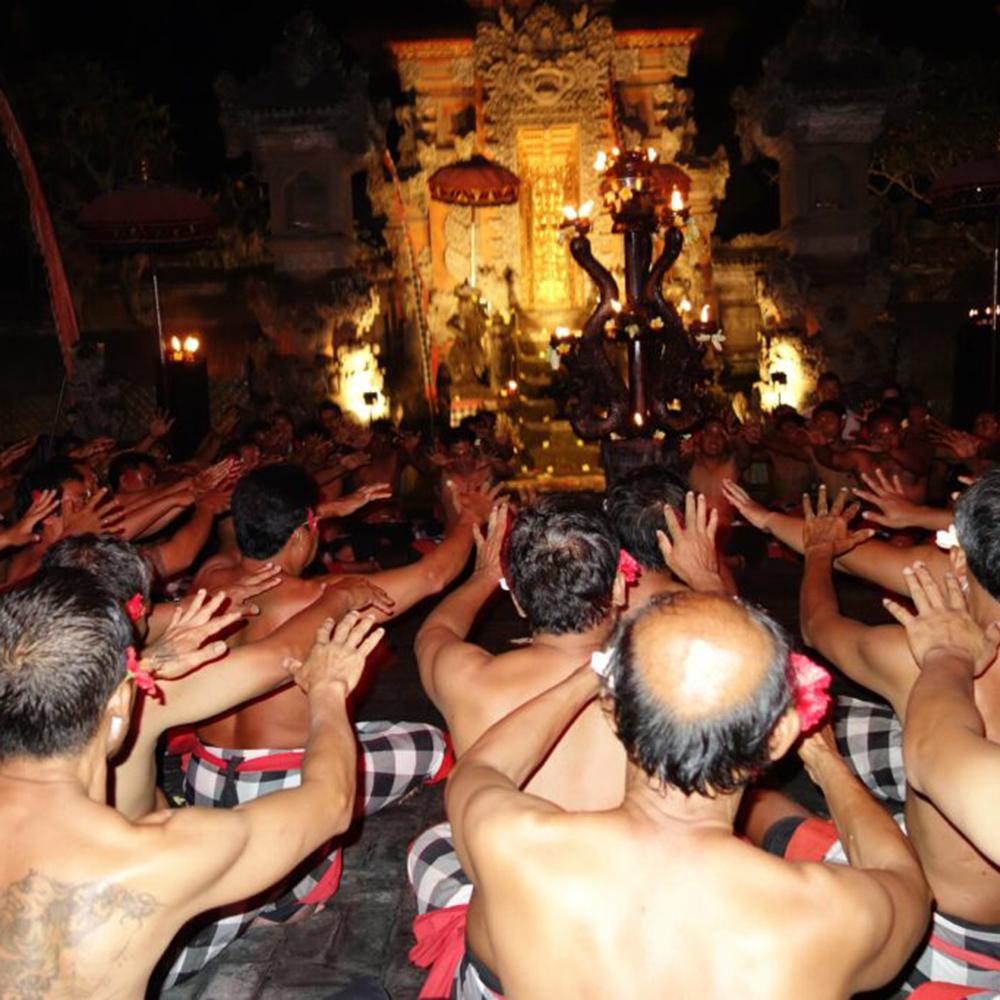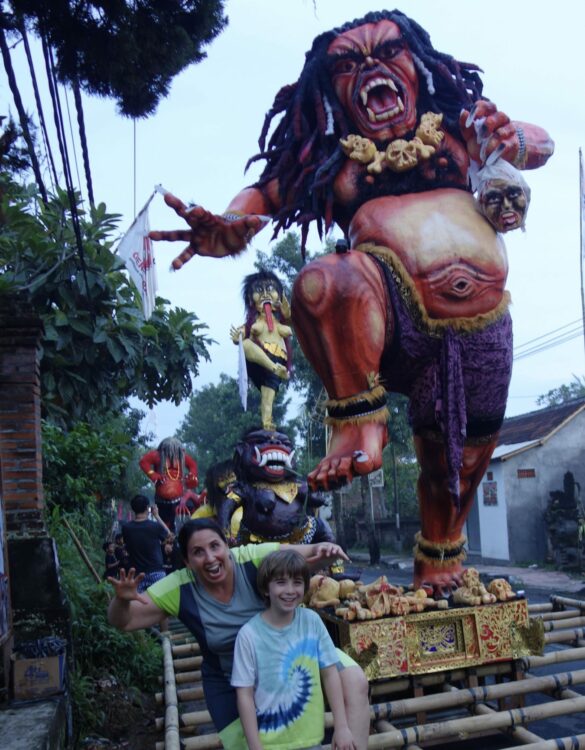
Chapter NINE: Bali Reconnaissance Trip
Travel Demons
When we got back to Chicago from Shanghai, I made a conscious decision to approach my legal practice with renewed enthusiasm and a positive attitude. But, after decades handling major commercial litigation for Fortune 100 clients, the work no longer challenged me, and I was tired of putting up with and working around the systemic gender discrimination. Again, I was ready for a change. So, in March 2014, Jake and I traveled to Bali on a reconnaissance trip to check out Green School, the eco-focused international school Jake might attend, and Ubud, where I thought we might live if we moved to Bali.
Our trip coincided with Nyepi, the Balinese New Year and Day of Silence. The night before Nyepi is raucous as monstrous effigies, Ogoh-Ogohs, are paraded through the streets to drive evil spirits off the island. As darkness fell, the largest Ogoh-Ogoh, with at least thirty men positioned to carry it, rose into the air, and lurched across the street, not yet under control. The incessant noise (meant to scare the demons away), the teetering Ogoh-Ogohs, and the surging crowd soon became overwhelming, too much for Jake to process and enjoy. He wanted to go back to the air-conditioned hotel room, but to get there, we had to join the parade, which filled the street and sidewalks and, fortunately, was heading in the right direction. As we neared the hotel’s driveway, I spotted an opening on the sidewalk where no one stood. Pulling Jake behind me, I stepped forward with my right leg, which went straight down a gaping hole. My left leg, now too long, collapsed underneath me. Stunned, I just sat there on the ground, one leg in a hole, until two men carefully pulled me out. I limped back to the hotel, blood dripping down my leg, with Jake, his face smeared with my blood across one cheek and down his chin, serving as my crutch.
The next day, Nyepi, Bali fell silent for twenty-four hours. The airport and all roads closed. No one was allowed outside their family compound. Inside the compounds, no electricity, no cooking, and no noise were allowed. The silence tricked the evil spirits driven from the island the previous night into believing that the population had also left Bali, so the evil spirits had no reason to return. Spending Nyepi on Bali forced Jake and me to stop moving, sit still, and contemplate our lives. We decided to leap, to move to Bali. It would take a few more Nyepis to connect to the power and magic of the island, but we were on their way.
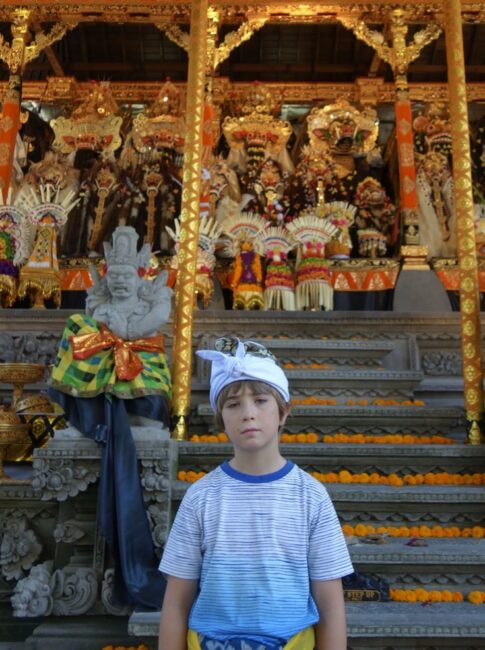
Chapter TEN: “I Hate It HeRE"
Expat Travel
At least three times a day, Jake cried, “I hate it here! I want to go home to Chicago!” His pleas broke my heart, but I hoped they would end once we got past a series of unfortunate incidents, typical in Bali and impossible in Chicago. At the opening-day ceremony at Green School, a teacher holding a traditional offering of flowers, rice, and incense wrapped in a banana leaf somehow poked Jake in the eye with her burning incense stick. Not the blessing he’d hoped for. A week later, Jake confronted a two-meter cobra on the outdoor staircase to his bedroom. (Too late, I learned that there is an expat in Bali, the snake man, who will come to your house, identify the snake, and remove it if it is dangerous, but with this first encounter, I regret I allowed our staff to kill the snake.) The next week, Jake ran screaming out of the shower, clutching his foot in pain, but with no gushing blood. A flashlight-assisted exploration of the outdoor shower exposed the cause—a scorpion stung him.
Not everyone adapts well to the drastic change in lifestyle from living indoors in the northern hemisphere to living outdoors in the tropics. Living in Bali meant living with bugs, reptiles, rats, bats, and more. Those who cannot acclimate leave. We stayed. Chapter Nine is about our early days in Bali as we became accustomed to things that creep and creepy things—including our cat playing with a dead snake, a fist-sized spider on my bathroom medicine cabinet, and a live gecko in the toilet. We double-checked that the mosquito net over our beds was closed before going to sleep, and acclimated to life in Bali. I only hoped Jake would also learn to enjoy it.
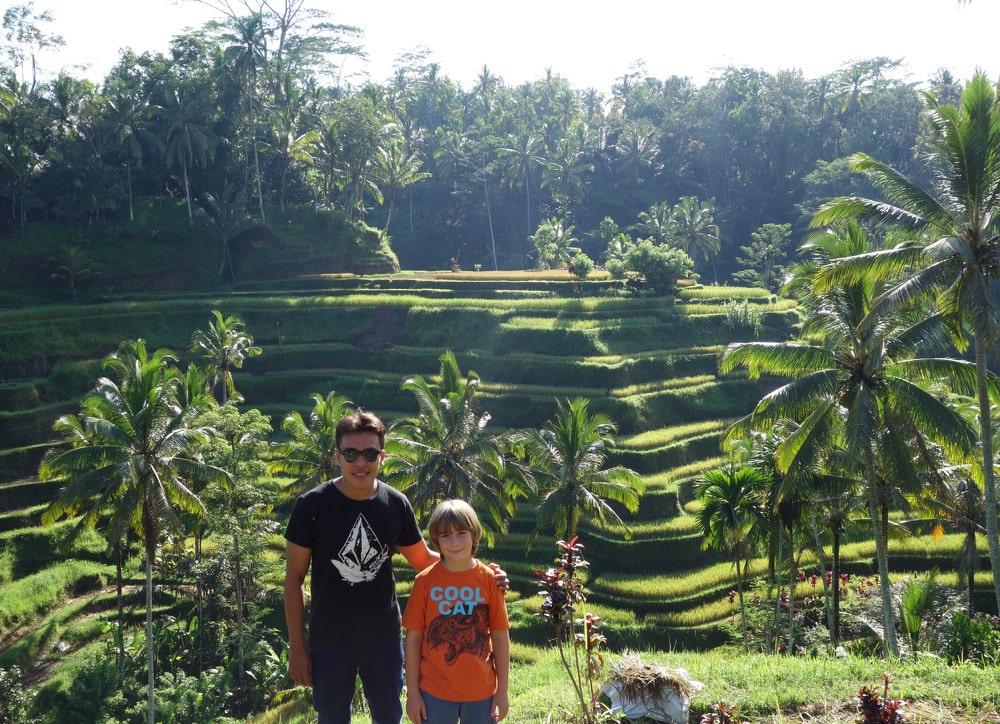
Chapter ELEVEN: Putu, Putu, Made, Made, Nyoman, Nyoman, Nyoman, Komang, and Ketut
Living Travel at Villa Shanti
Chapter Ten is about expat life in Bali. Jake and I had a staff of nine: Putu, Putu, Made, Made, Nyoman, Nyoman, Nyoman, Komang, and Ketut. (This repetition of names is typical in Bali and makes sense once you understand the caste system and naming conventions.) Staff was a luxury, though a temporary one—we would return to washing our dishes, making our beds, and driving ourselves when we moved back to the US. It also provided an entrée to Balinese life. For example, when Nyoman (night staff) and his daughter danced in a ceremony at their temple in Tegallantang, Jake and I went to watch and silently cheer. And when our internet’s constant failure made it impossible for me to participate effectively in conference calls with clients in the US, Nyoman (house staff) helped me navigate the intricate bureaucracy of the corrupt Indonesian government and eventually landed us the fastest internet in Ubud at that time—a stunning 5 Mb/sec.
Jake and I celebrated our second Nyepi in Bali at the main Ogoh-Ogoh procession in Ubud Center. Unlike the year before, when we were disoriented, we were at an intersection Jake and I knew well, just two kilometers down the hill from where we lived at a spot we passed several times most days. With my visiting parents (in their 80s and no longer nimble), I knew exactly where to sit to get a good view while staying out of range of the surging crowd and precariously balanced Ogoh-Ogohs. And I now knew a back-road route to get out and go home if the event became overwhelming. For this second Ogoh-Ogoh procession, Jake and I were more informed observers than the witless participants we had been the previous year. Yet, seated above the crowd, the experience was not as powerful. As non-Hindus and bules (foreigners), I knew we would never fit in and never fully understand. But it was a culture that we could enjoy, adapt to, and appreciate. I already had plans for where we would celebrate our next Nyepi in Bali.
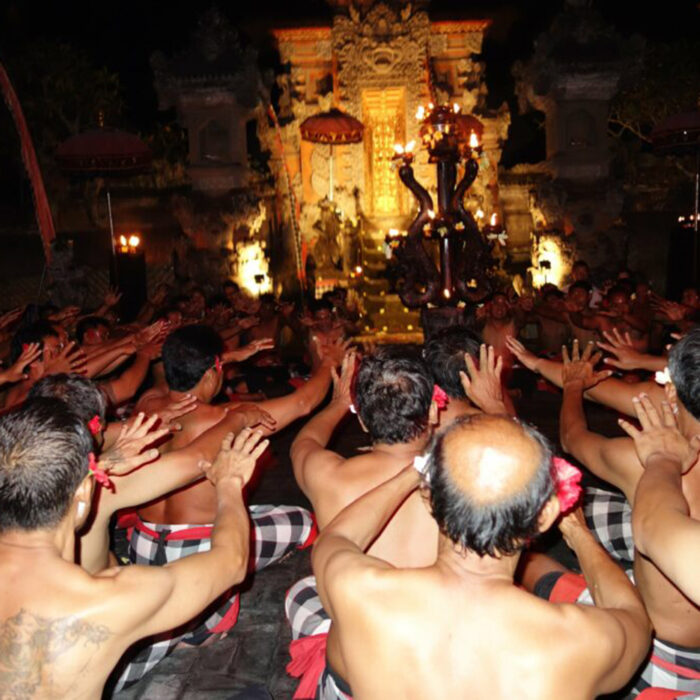
Chapter TWELVE: In Bali, There’s Always a Ceremony
Inward Travel
For the Balinese, spirituality, mystical powers, and magical forces are not courses you sign up for on Wednesday evenings or discover during a weeklong retreat at an eco-lodge. Magical powers, good and evil, define and structure the Balinese world. Ceremonies, and the extensive preparations for them, take priority over everyday tasks, and the Balinese adjust their homes, conduct, and lives around mystical powers, supernatural forces, and unexplained energies. Chapter Eleven tells the story of some of the many ceremonies Jake and I attended (including the blessing of our car and the daily offerings placed throughout our home, with our favorite being next to the wi-fi router). It also tells the story of Ni Ketut Murni’s death—she was killed by an evil spirit—and the preparations for her cremation when her spirit told her family what she wanted to wear, all as related to me by her nephew Putu.
In a remarkable confluence of power and mystery, our third Nyepi coincided with a total solar eclipse over Bali. The power of Bali and the power of the eclipse brought together our travels, our experiences in foreign countries with foreign cultures, and our friends around the world. It pulled together what we had learned and how much we had changed and grown. On that Day of Silence, reflecting on all Jake and I had done together, I knew that through our travels and our openness to change, we had become better people. That Nyepi, we thrived.
